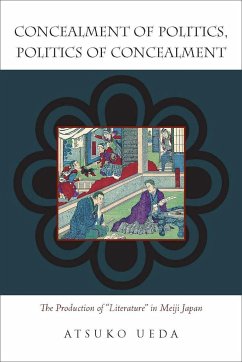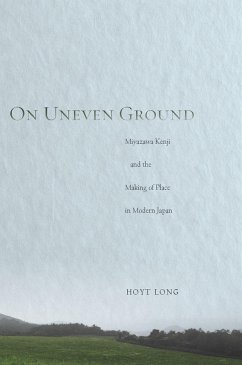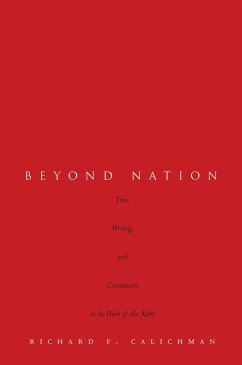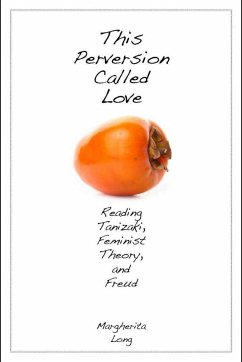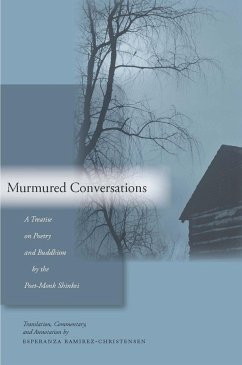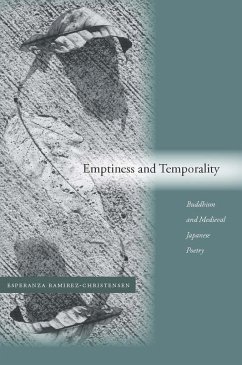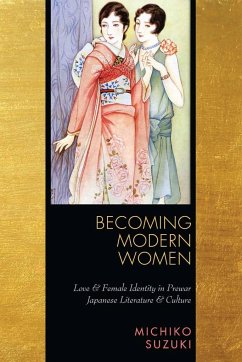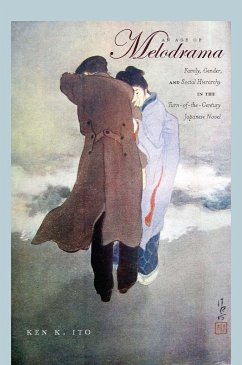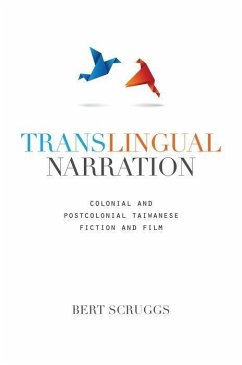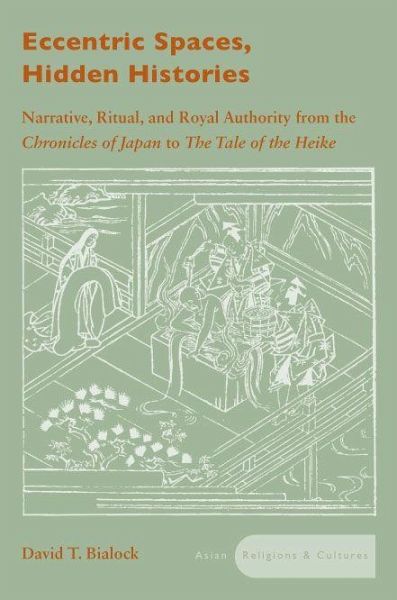
Eccentric Spaces, Hidden Histories
Narrative, Ritual, and Royal Authority from the Chronicles of Japan to the Tale of the Heike
Versandkostenfrei!
Versandfertig in über 4 Wochen
90,99 €
inkl. MwSt.

PAYBACK Punkte
45 °P sammeln!
After The Tale of Genji (c. 1000), the greatest work of classical Japanese literature is the historical narrative The Tale of the Heike (13th-14th centuries). In addition to opening up fresh perspectives on the Heike narratives, this study also draws attention to a range of problems centered on the interrelationship between narrative, ritual space, and Japan's changing views of China as they bear on depictions of the emperor's authority, warriors, and marginal population going all the way back to the Nara period. By situating the Heike in this long temporal framework, the author sheds light on...
After The Tale of Genji (c. 1000), the greatest work of classical Japanese literature is the historical narrative The Tale of the Heike (13th-14th centuries). In addition to opening up fresh perspectives on the Heike narratives, this study also draws attention to a range of problems centered on the interrelationship between narrative, ritual space, and Japan's changing views of China as they bear on depictions of the emperor's authority, warriors, and marginal population going all the way back to the Nara period. By situating the Heike in this long temporal framework, the author sheds light on a hidden history of royal authority that was entangled in Daoist and yin-yang ideas in the Nara period, practices centered on defilement in the Heian period, and Buddhist doctrines pertaining to original enlightenment in the medieval period, all of which resurface and combine in Heike's narrative world. In introducing for the first time the full range of Heike narrative to students and scholars of Japanese literature, the author argues that we must also reexamine our understanding of the literature, ritual, and culture of the Heian and Nara periods.



